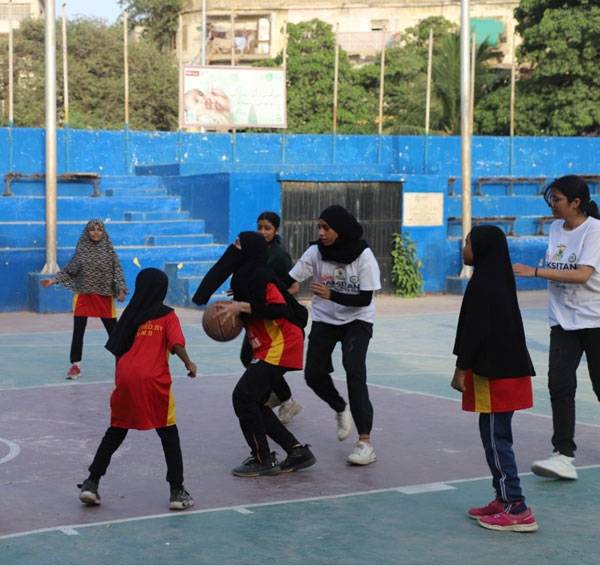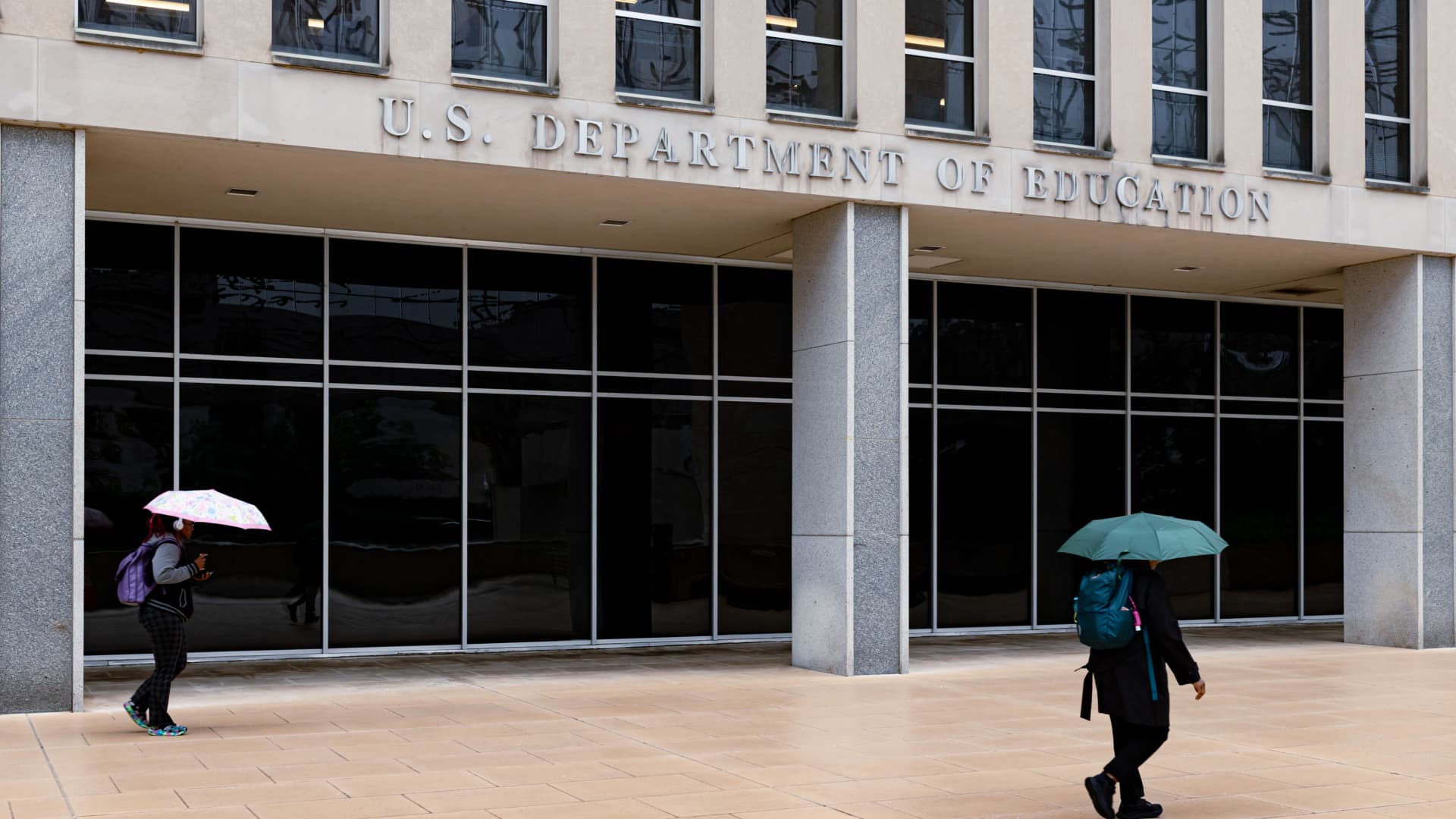By Prince Antwi
Copyright ghanaguardian

The World Bank has cautioned that Ghana’s socioeconomic challenges could deepen unless the country adopts pragmatic policies to create more productive jobs for its rapidly growing labour force.
In its 2025 Policy Notes, the Bretton Woods institution observed that while public sector jobs remain attractive due to relatively higher wages, the sector can only absorb a small share of new entrants. About 500,000 young people enter Ghana’s labour market each year, with nearly seven million expected to join by 2030.
The report highlighted that despite continued though slower growth in GDP per capita, poverty reduction has stagnated since 2012. Between 2012 and 2016, the national poverty rate declined only marginally from 24.2% to 23.4%, as economic growth failed to benefit the poor. Consumption for the bottom 40% of households has barely improved, while the poorest 10% saw a 5% decline.
According to the World Bank, this trend reflects a weakening link between growth and poverty reduction. The underlying causes include limited job creation in high-productivity sectors and an industrialisation model that is heavily capital-intensive, reducing incentives for households to invest in education and skills.
The Bank urged government to adopt medium-term strategies that deliver early and visible results in order to build broad consensus around economic reforms. Without such interventions, it warned, the country’s current economic pressures—combined with its youthful demographic profile—could undermine social cohesion.



